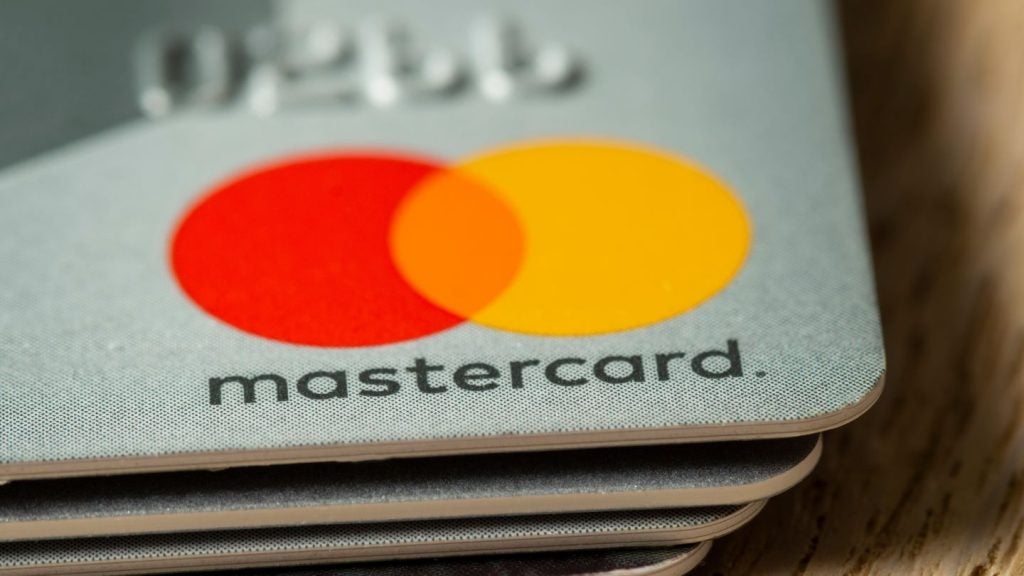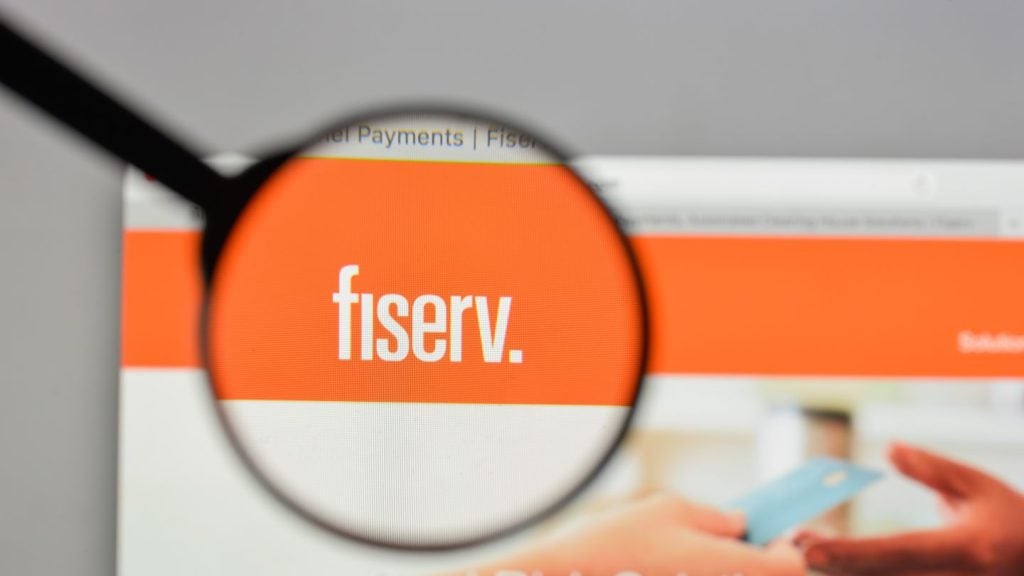
The Payment Systems Regulator (PSR) has published the most comprehensive data to date on APP scams. Its report covers 95% of payments made via Faster Payments in the UK, by value and volume. The report focuses on Faster Payments because it is the most frequently used way that fraudsters carry out an APP scam. Though payments resulting from APP fraud represented less than 0.1% of overall Faster Payments volumes in 2022, Faster Payments were used for 98% of APP fraud payments.
The findings include the UK’s 14 largest banking groups. It also covers data for ten smaller firms that were in the top 20 highest receivers of fraud. The smaller firms are included as they represent a disproportionately high level of fraud received for their size.
PSR calls for consistency in protection across the sector
Chris Hemsley, Managing Director of the PSR said: “This is the first time we can see at an individual level how well banks and payment firms are dealing with APP fraud. This represents a substantial improvement in transparency. This provides better information for customers on how firms handle APP fraud. And it encourages these firms to take more action to tackle it.
“Our approach is working because we know there is a greater focus across many more firms on preventing fraud. Our commitment to transparency and the forthcoming mandatory rules is key to strengthening efforts to prevent these frauds from happening in the first place.
“Over the coming months, we will be bringing all payment firms into new reimbursement arrangements to give more consistent protection across the board. This is important because we can see from today’s report that this has not always been the case.”
Reimbursements: wide disparity in how banks treat victims of APP fraud
The report shows the percentage of APP fraud cases that were fully and partially reimbursed by each firm. By volume of cases (where there was full reimbursement), TSB fully reimbursed 94% of the APP scam cases reported to it. Nationwide follows: it fully reimbursed 91% of cases and Barclays which fully reimbursed in 79% of cases.
On the other hand, only 6% of cases reported to Monzo were fully reimbursed. Danske Bank fully reimbursed 7%, and AIB fully reimbursed 12%.
By value of APP losses TSB reimbursed 91% of APP fraud losses to customers in 2022. Nationwide reimbursed 78% and HSBC reimbursed 73% of APP fraud losses. At the other end of the scale, AIB Group reimbursed 10% of APP fraud losses. Danske Bank reimbursed 20% of APP fraud losses and Monzo reimbursed 22% of APP fraud losses.
On banks sending fraudulent payments
The report shows how much money customers at the 14 major UK banks lost to APP fraud for every million pounds they sent. And how many APP fraud payments there were per million transactions sent. The top four firms with the highest sending fraud rate include TSB, Santander, Metro and Monzo. For every £1m TSB customers sent in 2022, £348 of that was lost to APP fraud. For Santander customers that is £322 per £1 million lost to APP fraud, and for both Metro and Monzo customers that is £280 per £1m lost to APP fraud. In comparison, for every £1m sent from customers of AIB Group, only £23 was lost to APP fraud.
For every 1 million transactions made in 2022 by Monzo customers, 141 were reported as APP fraud. For Starling and Metrobank customers, 127 transactions in every million were reported as APP fraud. For Santander, for every 1 million transactions made 117 were reported as APP scams. In contrast, for every 1 million transactions made by Danske Bank customers, only 39 were reported as fraud.
On banks that hold accounts receiving fraudulent payments
The report shows which banks and payment firms held accounts that received the highest value of APP fraud per million pounds of transactions. It also covers the highest number of APP fraud payments per million transactions received. The top four directed firms with the highest account receiving fraud rate include Metro Bank, Starling, TSB and Monzo. For every £1m received into Metro Bank accounts in 2022, £696 of it was APP fraud. For TSB, for every £1m received, £605 of it was APP fraud. Starling was £307 in every £1m. And for every £1m received at a Monzo account, £227 was from an APP fraud.
In contrast, for every £1m received by Santander accounts, only £44 was from APP fraud. For every 1 million transactions received into Metro Bank in 2022, 180 were APP fraud payments. At Starling it was 119 for every 1 million transactions and TSB, every 93 for 1 million transactions derived from APP fraud. In comparison, 30 in every 1 million payments at Santander and 38 in every 1 million at HSBC were subject to APP fraud.
APP fraud: PSR report key takeaways
This first report shows the performance of payment firms in 2022, prior to any regulatory requirements that will come into effect. The PSR has been pushing forward wide-ranging plans to tackle APP fraud. This includes a new reimbursement requirement becoming mandatory in 2024. The new measures will also see both sending and receiving firms being held equally liable for reimbursing victims of APP fraud in nearly all cases.
Significantly, there are currently inconsistent outcomes for customers who report an APP scam to their bank or building society. For example, some automatically reimburse in full. Others may only make a partial reimbursement leaving victims to bear part of the loss, and others will only accept claims subject to very narrow circumstances.
The voluntary CRM has delivered some good outcomes and was an important first step in getting some of the banks to do more to tackle APP fraud. But it has not led to consistent performance. While most of the firms who are CRM members have higher rates of reimbursement to victims, several other members performed poorly.
The PSR has directed a number of payment firms to publish information on their websites within 20 days giving consumers greater transparency about how they deal with APP scams.
The PSR will continue to collect data from payment firms over the next 12 months. It is also working with the FCA to identify where action is needed and will set out plans for payment firms to make necessary improvements. The PSR is also considering how it can collect data which shows where APP fraud originates. The PSR wants this data to raise awareness about the different ways fraudsters can target victims, such as through social media platforms.
New measures announced by the PSR in June 2023 will see mandatory reimbursement requirements in place for victims of APP scams come into force in 2024. The UK’s payment firms have also seen additional interventions from the PSR to improve data sharing to spot and prevent scams, and the roll-out of the name-checking service, Confirmation of Payee.
Commenting on the PSR report, Evgeniy Ivantsov, CMO of Payments Consultancy FYST, says: “The PSR’s APP Fraud Report marks a significant wake-up call for the payments industry. The PSR’s decision to release performance league tables for payment companies on the issue of APP fraud underscores the growing importance of transparency and accountability in safeguarding consumers and businesses. At FYST, we fully endorse this initiative as it fosters healthy competition and encourages companies to raise their standards in combatting fraud.
“These league tables provide a clear picture of who excels in fraud prevention, ultimately benefitting both the industry and its stakeholders. It also offers poorly performing companies a chance to improve their offering. As an industry fraud, APP or otherwise, is a huge area of concern and we must do everything in our power to protect our clients and our consumers from nefarious tactics.”







